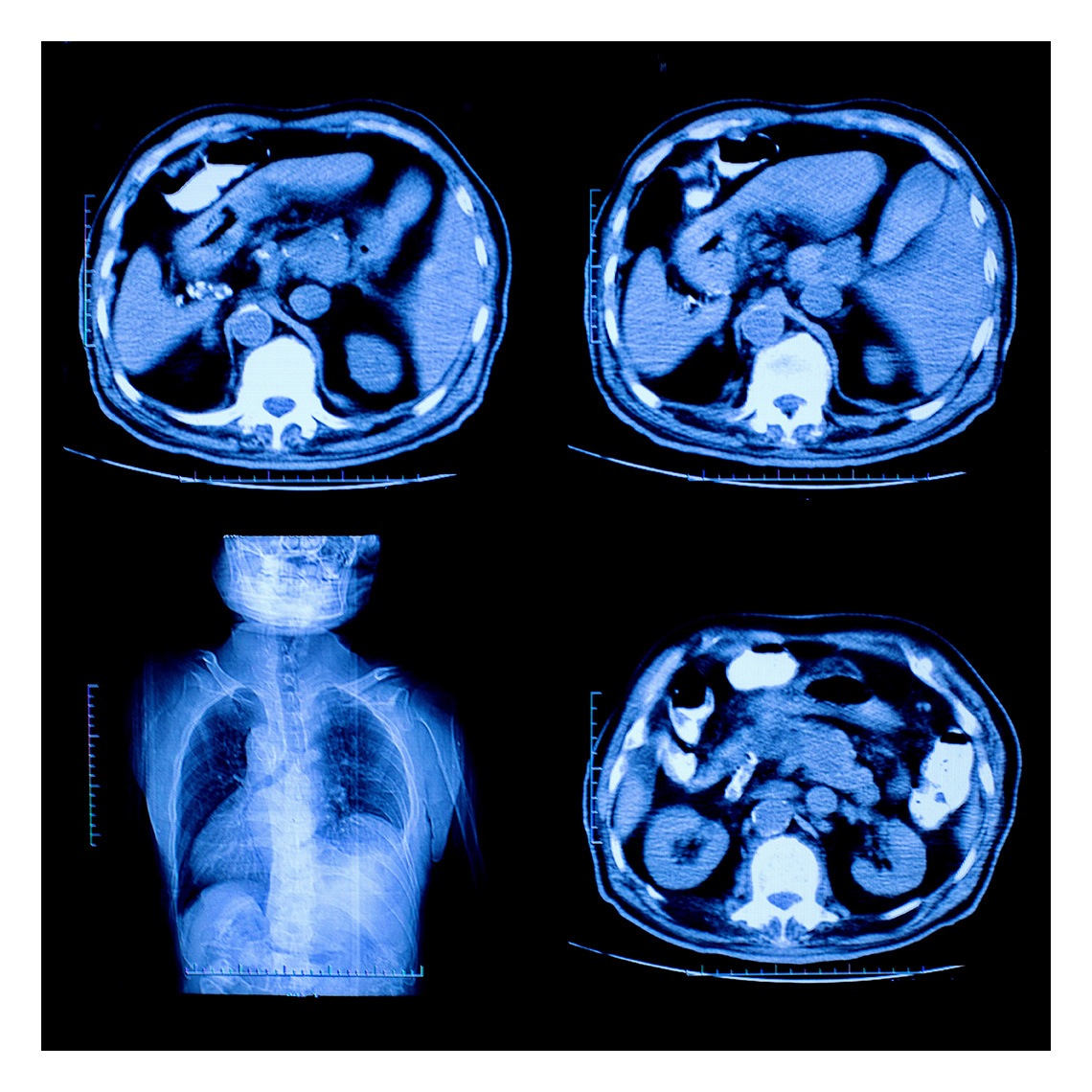Newsletter
Recently Asked Questions
Feb 01, 2021
With an innate interest in patient safety and healthy dread of being sued for malpractice, licensed caregivers from all settings and services come to us with questions about clinical, legal, and insurance concerns related to medical professional liability (MPL). It seems safe to assume that those who inquired are not alone in being curious about these recently raised issues.
Telehealth/Virtual Care
What measures can be implemented to assist our patients who might have difficulty with accessing virtual care due to language barriers, hearing or vision impairment, cognitive impairment?
As health systems strive to reduce disparities in all types of care, it is clear that virtual care poses additional challenges for certain patient populations. Dr Adam Licurse, who leads the Brigham and Women’s Physicians Organization’s telehealth strategy, recommends:
- Enable closed captioning if available in the video platform
- Encourage family members and caregivers to join the visit to assist
- Use the chat function when available
- Incorporate translators when applicable (e.g., ASL)
Maintaining phone-based and in-person (i.e., office-based) care are also key tools for these populations. This requires robust triage to help make sure patients are scheduled with the right kind of visit based on their unique needs, access to technology, etc.
Patient Visit Time Constraints
How can we manage the time it takes to conduct a thorough and compassionate interview given the pressure to see a lot of patients in a limited amount of time?
The concern that time constraints put clinicians at risk of missing the patient’s most pressing issue is almost universal, especially in outpatient care. Dr. Jane Sillman, Director Emerita of the Primary Care Residency Program at Brigham and Women’s Hospital, recommends that primary care providers use the technique of eliciting a patient’s full set of concerns and then negotiating a shared agenda with the patient. This does not have to take a long time; if patients prepare a list of concerns beforehand, it can take even less time.
Electronic/Remote Consults
How do “econsults” come into play with legal liability?
Technological advances have transformed the concern about “curbside” consults to “econsult.” But the recommendations, guided by Attorney Ellen Epstein Cohen, are mostly unchanged. As with any formal consultation, a clinician responding to a request for consultation on a specific patient via an electronic format (text, email, EHR notes, etc.) becomes part of that patient’s record and, thus, is subject to discovery in any legal pursuit regarding medical professional liability. Additional thoughts and recommendations from a medical malpractice defense attorney regarding the risks of consults are available in the article Curbside Consults in the Digital Age.
In general, providers are discouraged from engaging in “informal” consults about a specific patient—either as the inquiring or the responding party. Given the permanence of electronic communication, there is no such thing as an informal “econsult,” as the date, time, and parties involved are captured, and subject to legal discovery.
Malpractice Cases Naming Advanced Practice Clinicians
Are there any cases where only a PA or an NP and not the supervising physician is sued?
Growing numbers and expanding roles for physician assistants (PAs), nurse practitioners (NPs) and other advance practice clinicians prompt concern about malpractice risks associated with those trends. According to analyses using data from CRICO’s national Comparative Benchmarking System (CBS), such concern may be overwrought. The cases naming a PA represent less than one percent of all MPL claims and suits, with a slight upward trend from 2008–2012 that has leveled off more recently. In 43% of their cases, PAs are named alone. For more of the PA case analyses, click here.
The cases naming an NP also represent less than one percent of all MPL claims and suits and, again, we see an upward trend from 2008–2018. In 31% of their cases, NPs are named alone. Review the NP case analyses.
Malpractice Cases Naming Dentists
I heard that something like 1 out of 7 malpractice cases are dental, is that accurate?
According to the CBS data, 6% of all MPL cases assert from 2008-2019 involved the Dentistry/Oral Surgery service and accounted for 2% of financial losses. For all insureds dentists/oral surgeons, <1% are involved in a claim annually.
Malpractice Cases Closed Without an Indemnity Payment
Can a malpractice case be closed without a payment before the named defendants are subjected to depositions?
Roughly 70% of MPL cases are dropped, denied, or dismissed—and close without and indemnity payment—but there are differences among the three categories. A claim that is dropped is one not pursued by the plaintiff after the initial filing (e.g., they get a satisfactory—non-monetary—answer to their complaint, they cannot secure an expert on their behalf, their damages have resolved). A claim may be denied by the insurance provider—either on the grounds that it is not covered by the policy of the named defendant (e.g., not a professional liability issue, filed after statute of limitation timeframe, no patient relationship with named defendant, no damages) or that it is non-meritorious. The plaintiff whose case was denied has the option to file an amended claim or a lawsuit. A suit can be dismissed by the plaintiff (for any reason) or a judge for various legal insufficiencies, including during trial. Any of these steps may occur before or after depositions have been taken.More details about dropped/denied/dismissed cases: what our data shows and understanding.
If you have more questions, review this more extensive list of frequently asked questions, and by reaching out to your MPL insurance provider.
Latest News from CRICO
Utilization of Electronic Health Record Sex and Gender Demographic Fields: A Metadata and Mixed Methods Analysis


The Safety of Outpatient Health Care
Establishing a Regional Registry for Neonatal Encephalopathy: Impact on Identification of Gaps in Practice

